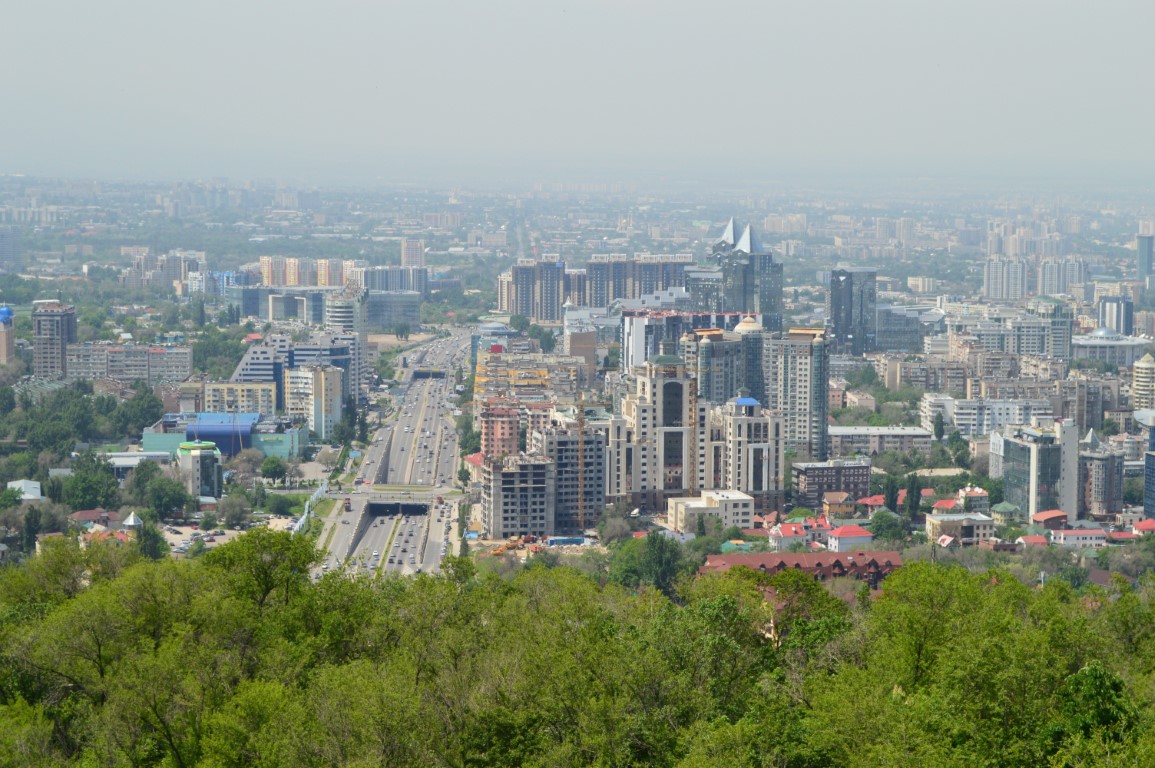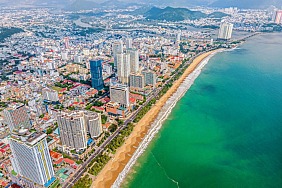Digital nomads are individuals who work remotely for companies or for themselves. They are often location-independent and can work from anywhere in the world. Portugal is an increasingly popular destination for digital nomads due to its low cost of living, stunning scenery, and welcoming culture. However, navigating digital nomad taxes in Portugal can be daunting.
Tax Requirements for Digital Nomads in Portugal
Portugal imposes a tax on all income earned by residents. This includes income earned by digital nomads and other foreign residents. The tax rate ranges from 0% to 48%, depending on the total amount of income earned. Individuals earning more than €12,549 per year are subject to a flat tax rate of 22%.
In addition to income tax, digital nomads in Portugal must also pay social security contributions. The rate of contribution is 11% of total earnings, with an annual cap of €4,482. Digital nomads can apply for a tax identification number (NIF) to simplify the process of filing taxes with the Portuguese government.
Declaring Taxes as a Digital Nomad in Portugal
Digital nomads must declare their income in Portugal by submitting an annual tax return. Tax returns must be submitted no later than 31st March of the following year. All income earned by digital nomads must be declared, including income from remote jobs, freelancing, and investments.
In order to declare taxes as a digital nomad in Portugal, individuals must first gather the required documents. This includes income statements, tax certificates, and proof of residence. Digital nomads must also calculate their taxable income and determine their tax rate. For example, individuals earning more than €12,549 per year are subject to a flat tax rate of 22%.
Tax Deductions for Digital Nomads in Portugal
Digital nomads in Portugal can take advantage of a variety of tax deductions. This includes deductions for rent, travel expenses, and other costs associated with working remotely. Digital nomads must provide evidence of these expenses in order to qualify for a deduction. For example, individuals can provide receipts for rent payments or travel tickets.
In addition, digital nomads in Portugal can also deduct certain professional expenses. This includes expenses related to business trips, equipment, and professional services. Digital nomads must keep records of all expenses in order to qualify for a deduction.
Final Thoughts
Navigating digital nomad taxes in Portugal can be a daunting task. It is important for digital nomads to understand their tax obligations and take advantage of any deductions available. By gathering the necessary documents and calculating their taxable income, digital nomads can ensure they are in compliance with the Portuguese tax system.













